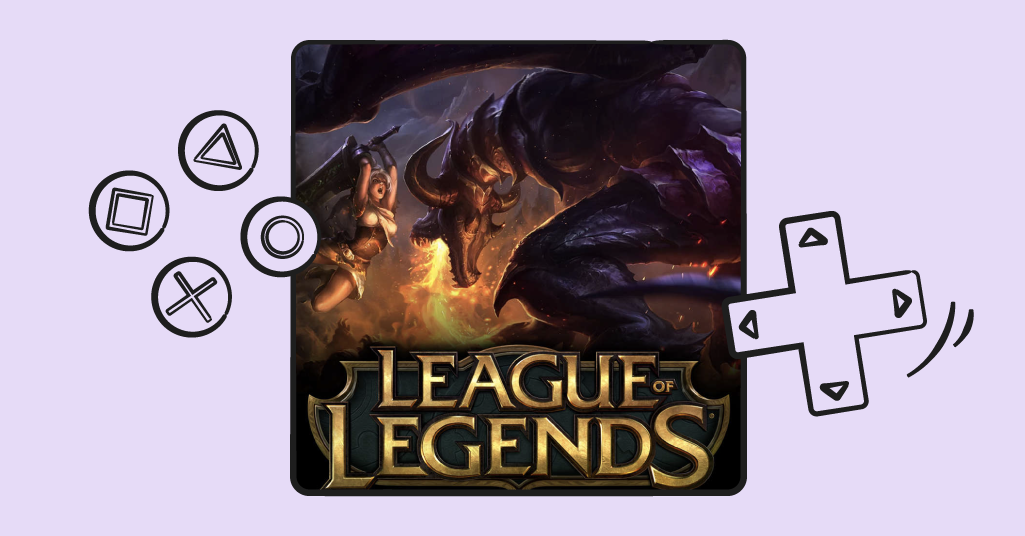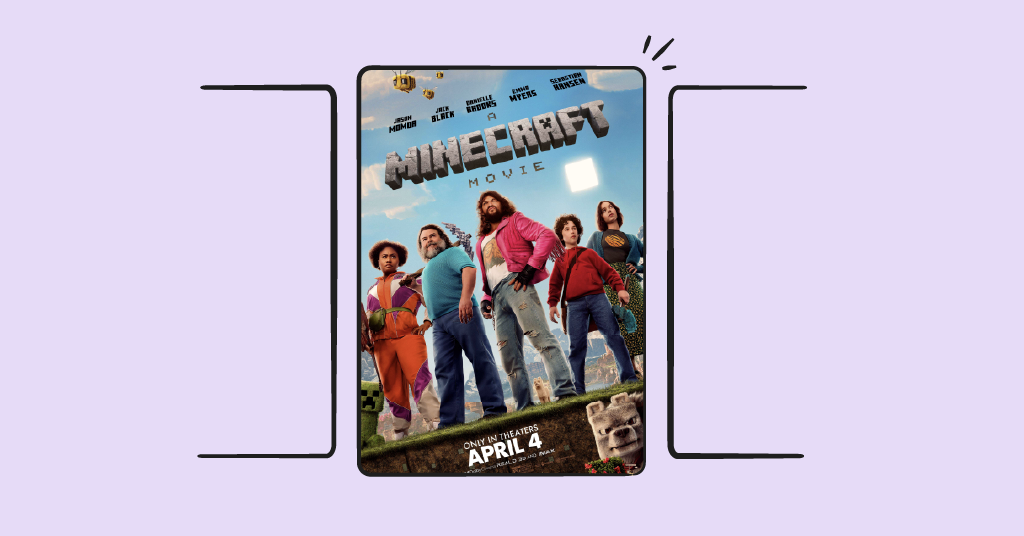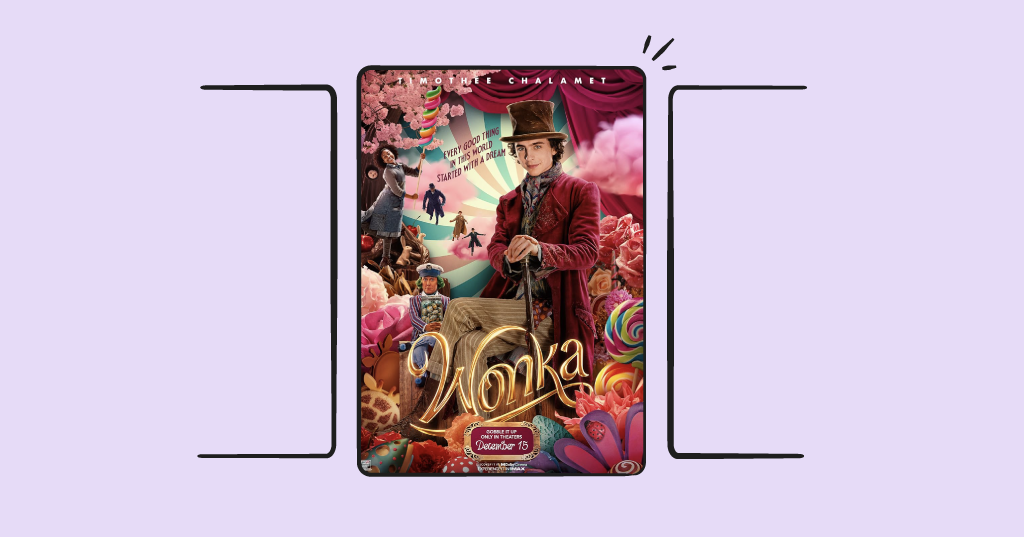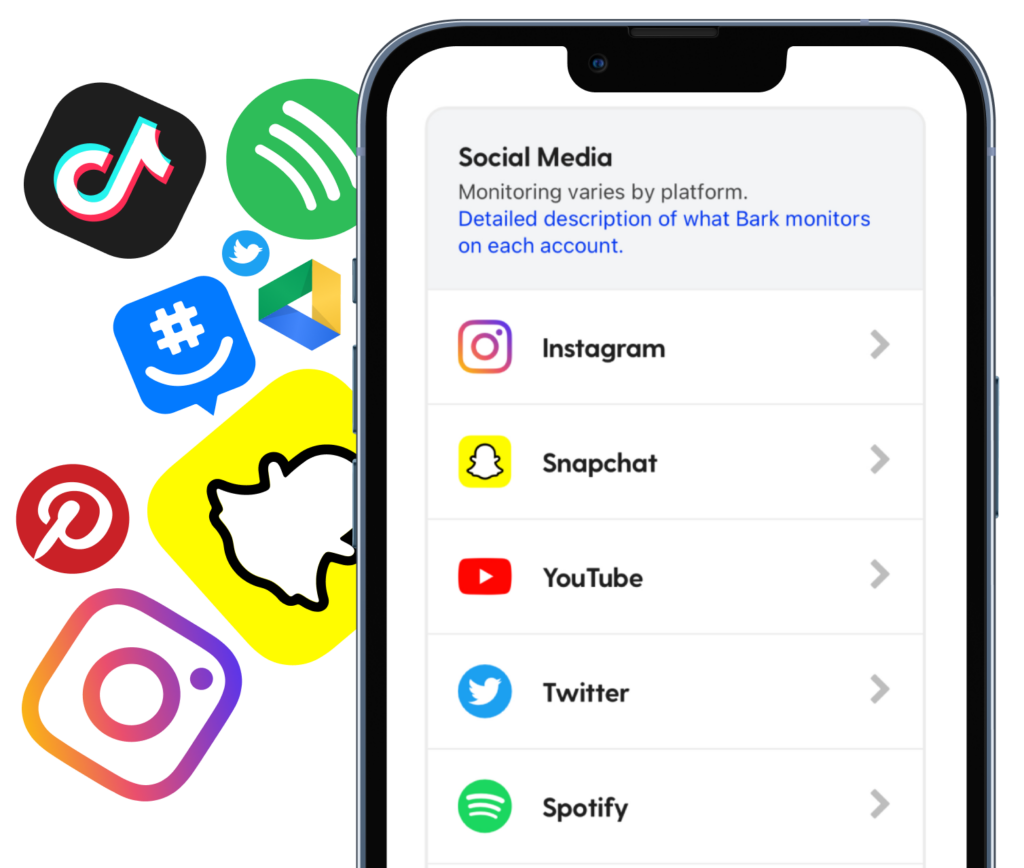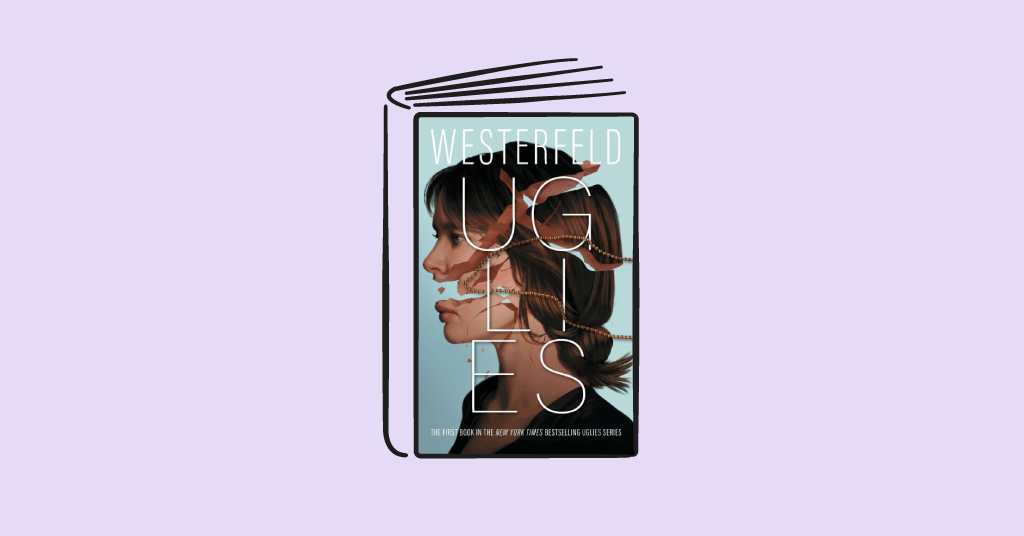
Overview
For fans of dystopian teen book series like Hunger Games or Maze Runner, Uglies should be next on the list!
Tally lives in a society where beauty and perfection are valued above everything else, and even forced upon the citizens. At age 16, everyone undergoes a surgery that makes them a “Pretty”, someone who is altered to fit a specific beauty standard. Tally eventually finds herself at odds with forces that be and realizes the errors of this conforming society.
The TL;DR is that this book is an excellent read for tweens with little to no harmful content for parents to worry about. But every family is different, we want to make sure you have the information you need before you introduce this book (and the following 4-part series) to your child.
Harmful Content ❗️
As a dystopian novel, there are certainly some hard-hitting themes around conformity, oppressive government, and justice. But this book was written for a younger audience, so it’s generally free from content that is too “adult” or mature. Some of the things that go on in this dystopian society may be unsettling for some readers, such as the surgical procedures they perform on people, even lobotomies on unknowing citizens.
There are mentions of alcohol and one character who is described as slurring their words due to intoxication.
Language
Language is not generally inappropriate, although some insults are thrown between characters.
Sex
There is no sexual content in this book, but there are themes of romance and physical attraction. Tally is romantically involved with another character, David, and they have several kissing scenes.
Violence
The “Specials” (those tasked with confronting the Uglies or those who oppose the status quo) use brutal tactics, such as burning down buildings and hurting those who defy them. Some characters are killed, and Tally herself is put in some life-threatening situations. But the violence is not over the top.
Positive Value 💫
In no small way, Uglies teaches the value of individuality. Conforming to one beauty standard takes away from each person’s uniqueness, both inside and out. Tally shows the importance and struggle of choosing to think for yourself instead of blindly following what society says. Kids can learn from her tenacity, although she frequently lies to save face and breaks the rules throughout the book. Ultimately, she learns to be more honest and true to herself.
So, should my kid read it?
We’d suggest this book for kids around the age of 12. Just be sure to take into account some of the themes around conformity, oppressive governments, etc., and make sure your child can understand them.


